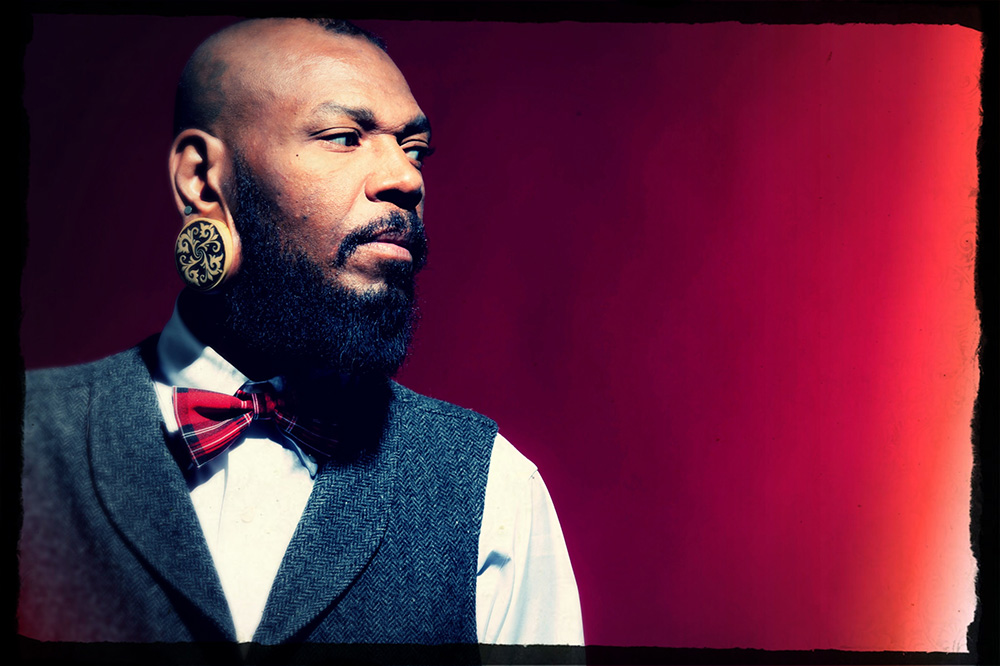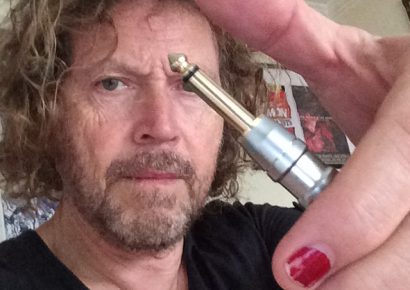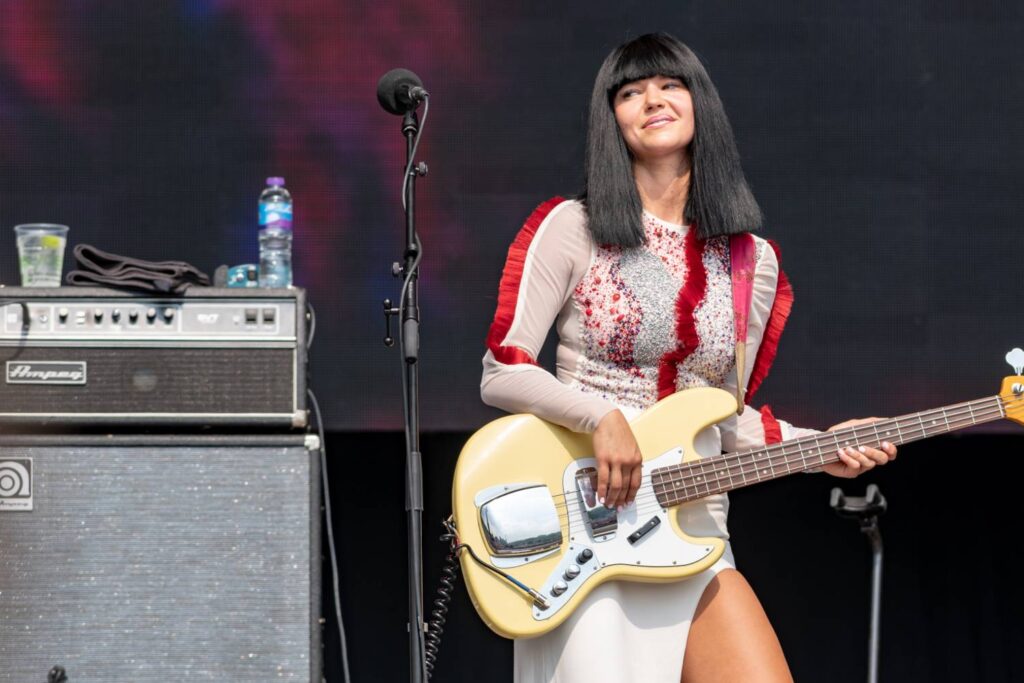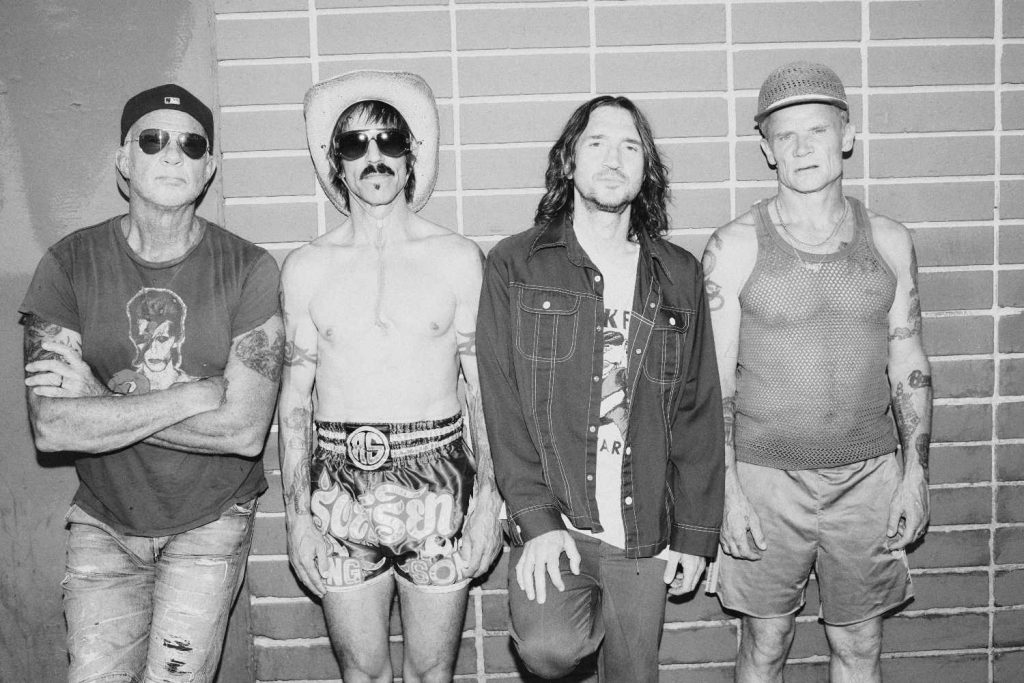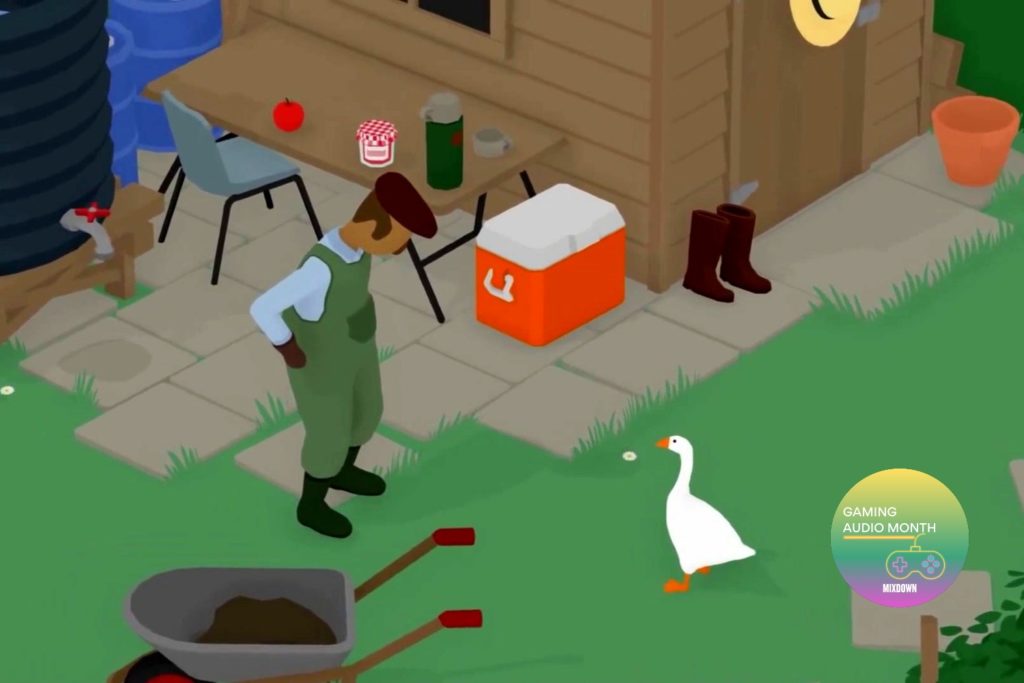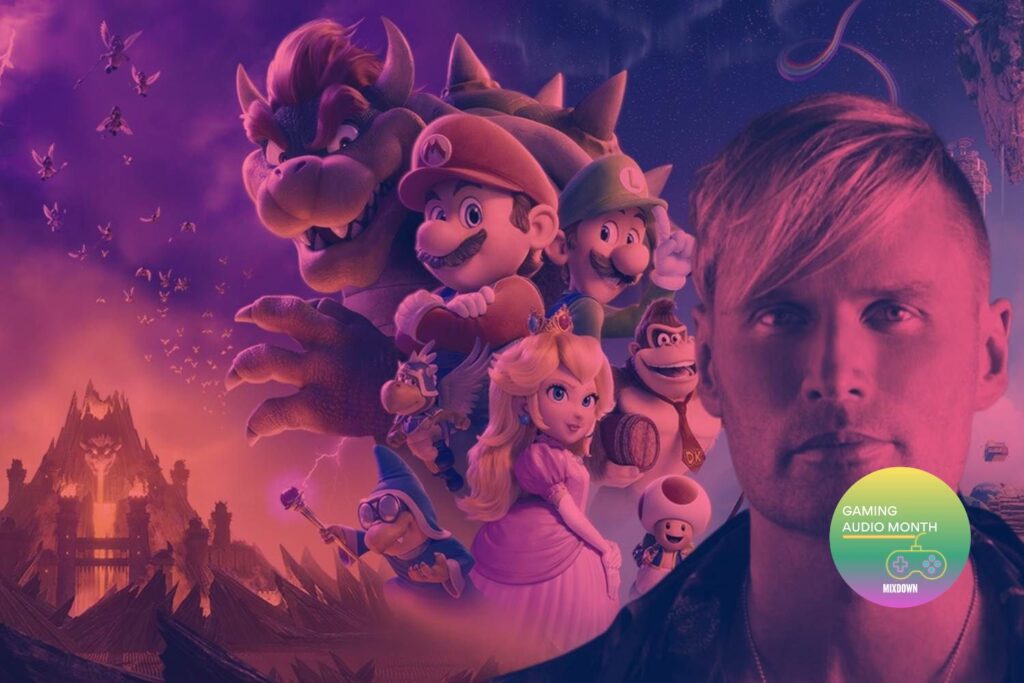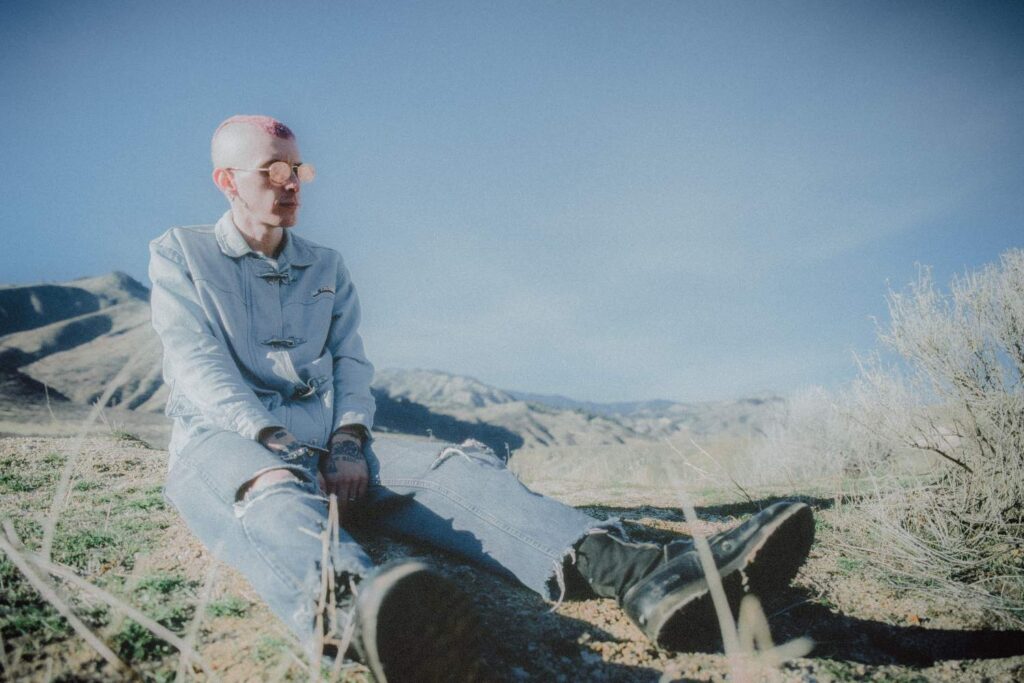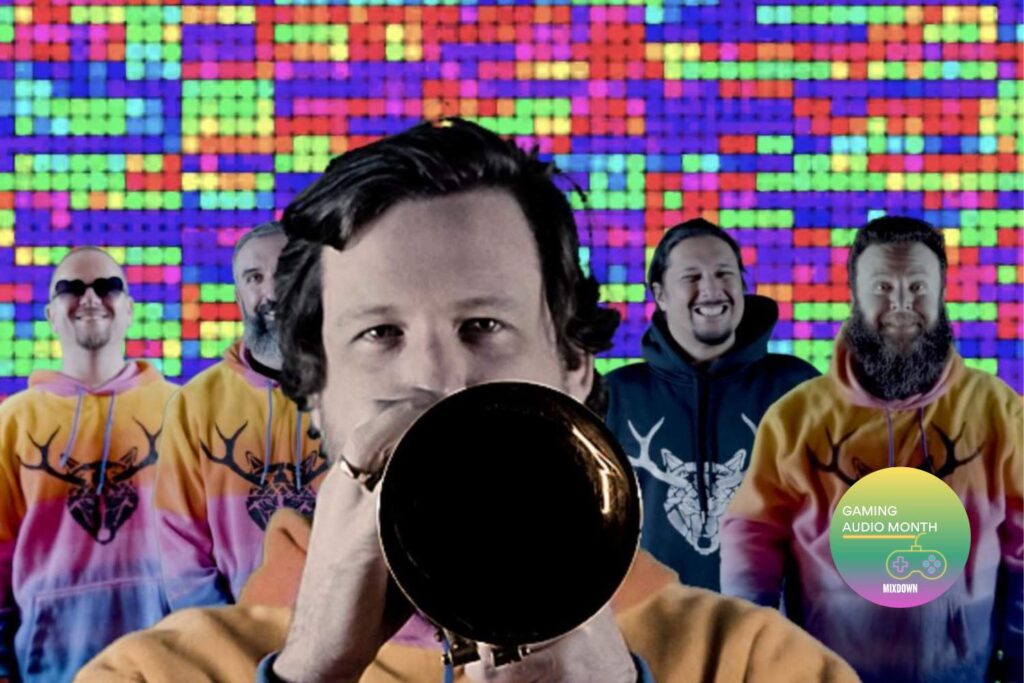You spent New Years in Australia, playing in Melbourne and Sydney. Prior to that visit you’d been DJing in Singapore over Christmas. How was it there at that time of year?
Singapore was actually cool, because sometimes you get the normal bullshit Christmas/New Year’s holiday crowds. It was such a different crowd from when I normally play in these clubs. There wasn’t as many heads, but it was still good for me because it was a holiday and I hate playing holidays, and I got a chance to kind of do whatever the hell I wanted to do.
The live music and club culture in Singapore seems to be rapidly growing. It’s becoming a far more common and lucrative location for Western touring musicians. Have you noticed a surge in interest over there?
I think over all of Asia it’s growing. It’s like the last frontier for any kind of music, so I think everyone’s diving in.
I imagine the relatively recent arrival of club culture to countries such as Singapore would make for noticeably different crowd behaviour compared to what you’re used to. You’ve spent 20 years touring all over the Americas and Europe. Is the average audience noticeably different in the less experienced Asian countries?
I started my touring a long time ago outside of the States, and mostly in Europe and Asia. I think that at least for the parties that I DJ, it’s a little more integral. I think the dance moves and the culture of it, it’s really similar no matter where you go. But for example, the first time I went to Japan, that was pretty weird because they don’t dance to each other, they dance towards the DJ. There’s no interaction with each other, there’s no emotion. I was really bugged out, but after years of playing I totally get it and I actually love playing there now.
You often see that sort of thing at festivals, no matter where in the world you are – the crowd’s drawn towards the stage even when a DJ’s playing, because that’s where the “star” is.
I try to stay on ground with everyone, so when it’s a little bit above the music I try to say, “OK let’s just come back together a bit.” It’s interesting. It’s one of the beautiful things about having the luxury and the option to play this music and travel and see the different cultures, because you also incorporate things that you experience. So it’s wonderful and it’s an actual testament to the music as well. We integrate it into all of our lives as performers and DJs and so it’s a good thing. I enjoy it all, every moment of it; I get involved.
Your state of mind no doubt has a bearing on your creative decisions, which means your travel experiences must have an affect on the type of music you’re playing and creating. You stay very busy touring the world, DJing, running Yoruba Records and working on new music and soundtracks. In 2014 you released the LP of originals, Peacock. Have you gotten used to working on new song ideas in hotel rooms across the world using a laptop or similar?
I used to. When I first started DJing as much as I do now – which was probably about 2005 – I decided I needed to make a mobile studio because I was spending too much time on the road and not enough creating. But now what I’m creating or what I’m feeling musically, it has to be done mostly all organic. So it’s not anything I can do on a laptop or any kind of program. It has to be the physical instrument. But yes I have done that and it’s quite an interesting thing because you incorporate your surroundings – whether it’s a hotel in Stockholm or a bed and breakfast in some other country, it does give you the energy to help the music evolve.
Now that you’re no longer creating new music while on the road, do you have a way of keeping track of ideas – do you carry a notepad or record rhythmic and melodic ideas into your phone?
I use the voice memo on the phone quite often, mostly for ideas or sound bites. I do a lot of sound bites, especially travel things: atmospheric noise, restaurants, traffic, ceremonies, that kind of stuff.
When you’re working on an original song, do you start by making a demo then reassessing what you’ve before changing it up later on? Or do you like to pursue an idea from beginning to end?
I’m not one of those guys – my attention span’s too short for that. I’m the guy that writes it down, puts it down, records it and it’s done. I don’t rethink it – it’s exactly what it is at that moment because that’s the moment that I felt that thing. I never go back and change the sound. If I’m working on something I finish it until it’s done, whether that be a day or a month or a year or two or three.
Osunlade will be performing as part of WOMADelaide, March 11-14. For more information visit www.womadelaide.com.au.
